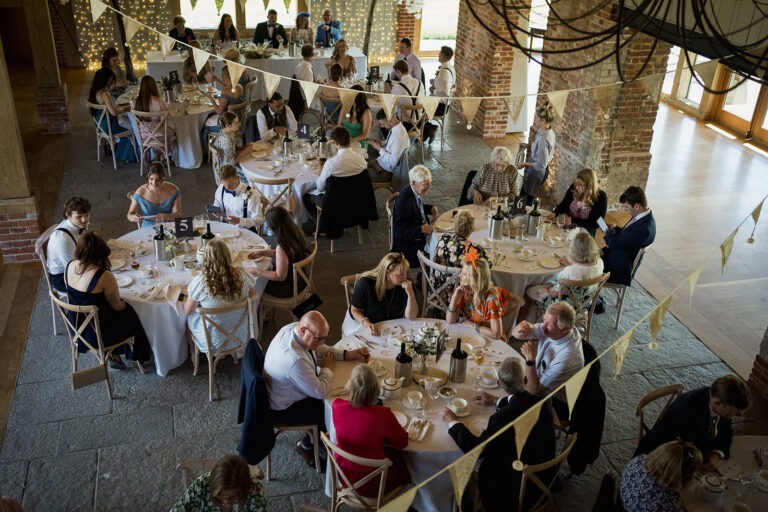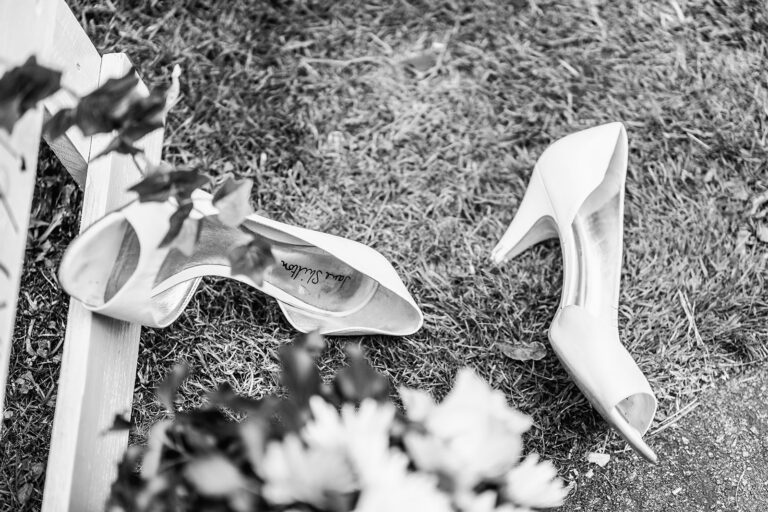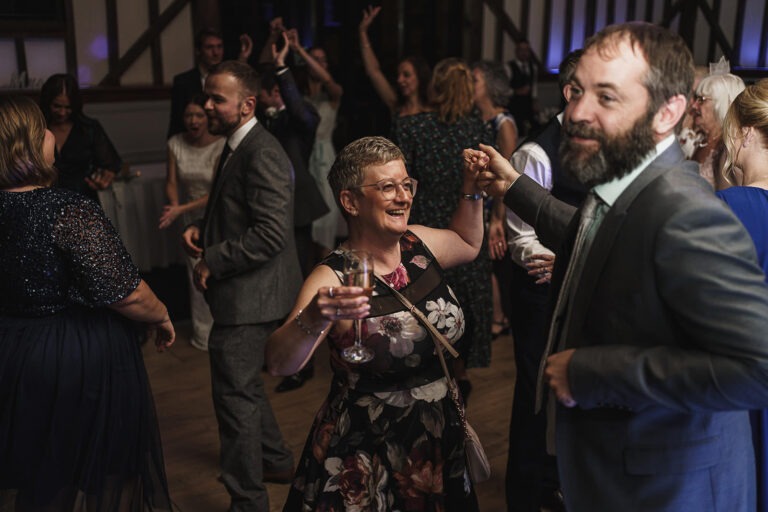Sustainability is everywhere these days, and weddings are no exception! More and more couples are looking for ways to make their big day not only unforgettable but also eco-friendly. And honestly, it’s amazing to see how creative and thoughtful weddings have become. Sustainable weddings aren’t just about following a trend—they’re a reflection of how couples are becoming more conscious of their impact on the planet. From cutting waste to supporting ethical businesses, they’re proving that you can have a stunning, stylish wedding without harming the environment.
The Rise of Sustainable Weddings
Gone are the days when weddings were all about extravagance and excess. Now, couples are embracing mindful choices that still bring all the magic but without the unnecessary waste. Weddings have traditionally been known for their high levels of consumption—think disposable decorations, tonnes of uneaten food, and single-use plastics. But in 2025, more couples are saying “I do” to sustainability and making eco-conscious decisions that align with their values.
Key Sustainable Wedding Trends
Eco-Friendly Decor
One of the biggest shifts is in wedding decor. Couples are ditching wasteful, mass-produced decorations in favour of reusable, biodegradable, or locally sourced elements. Think dried flowers instead of cut floral arrangements, potted plants guests can take home, and handmade centrepieces from reclaimed materials. Floral arrangements are also becoming more sustainable, with couples opting for seasonal, locally grown flowers instead of exotic blooms flown in from across the world. It’s all about keeping things stylish yet environmentally responsible.
Ethical Wedding Fashion
Sustainable wedding attire is having a huge moment. More couples are choosing outfits made from organic, ethically sourced fabrics like organic cotton, linen, and responsibly produced silk. Vintage wedding dresses are making a comeback, and renting wedding attire is now more popular than ever. Brides love the idea of repurposing a gown with history, and grooms are embracing rental or sustainable fashion options to reduce unnecessary consumption. It’s a win-win: you look amazing and minimise your environmental impact at the same time!
Zero-Waste Catering
Food waste is a huge issue at weddings, but modern couples are tackling it head-on. Caterers specialising in organic, locally sourced, and plant-based menus are in high demand. Buffets are being swapped for plated meals to prevent excess waste, and couples are ensuring leftovers are donated to local food banks instead of going in the bin. Even drinks are getting the green treatment, with more weddings featuring locally brewed beer, organic wine, and sustainable cocktails.
Thoughtful Wedding Favours
Gone are the days of plastic trinkets that end up in the bin. Now, couples are choosing meaningful, eco-friendly wedding favours like seed packets, handmade gifts from local artisans, or even charitable donations in their guests’ names. Some skip favours altogether and focus on experiences instead—because let’s be real, guests will remember a fun, heartfelt wedding way more than a random keychain.
How to Plan a Green Wedding
Want to plan an eco-friendly wedding? It’s all about making mindful choices, big and small. Here are some key ways to keep your wedding stylish and sustainable:
- Pick a Sustainable Venue: Outdoor venues like botanical gardens, beaches, and vineyards naturally require less energy than traditional banquet halls. If an indoor venue is a must, look for one that prioritises renewable energy and eco-friendly practices.
- Reduce Paper Waste: Digital invitations are an easy way to cut down on paper waste while still being chic. If you love printed invites, go for recycled or plantable paper embedded with wildflower seeds—guests can literally grow your invite into a mini garden!
- Rethink Transportation: Hosting the ceremony and reception at the same location cuts down on travel emissions. Carpooling, shuttle buses, or even making a statement entrance on a bicycle or horse-drawn carriage can add a fun, green touch.
- Say No to Single-Use Plastics: Swap plastic straws for bamboo or metal ones, use compostable dinnerware, and opt for cloth napkins instead of paper. These little swaps add up to a big difference!
Overcoming the Challenges of Sustainable Weddings
Let’s be real—going green isn’t always the easiest option. One of the biggest concerns couples face is cost. Ethical and sustainable options can sometimes come with a higher price tag due to fair wages and responsible sourcing. But the good news? Prioritising quality over quantity, renting instead of buying, and working with local vendors can keep costs manageable.
Another challenge is availability. Not every florist, venue, or caterer is on board with sustainability yet, but the demand is growing. Couples who start their research early and communicate their values to vendors are more likely to find eco-conscious suppliers. And if all else fails, a DIY approach can work wonders—think repurposing old decor, growing your own flowers, or enlisting friends and family to craft personal, low-waste wedding details.
Educating Guests & Spreading Awareness
A lot of wedding guests might not be familiar with sustainable wedding practices, and that’s okay! A little education goes a long way. Small explanations in invitations, signage at the venue, or even a page on your wedding website can let guests know why you’ve chosen eco-friendly options. You never know—your wedding might just inspire them to make greener choices in their own lives!
Final Thoughts
Sustainability doesn’t mean sacrificing beauty or elegance. Even small changes—like choosing ethical fashion, reducing food waste, or opting for digital invites—can have a significant impact. The key is to be intentional and make choices that align with your values.
At the end of the day, a wedding is about love, connection, and celebration. By embracing sustainability, couples can make sure their joy-filled day has a positive ripple effect, leaving not just wonderful memories but a better planet for future generations. And honestly, what’s more romantic than that?
Keywords for SEO:
- Eco-friendly weddings
- Sustainable wedding planning
- Green wedding ideas
- Ethical wedding choices
- Zero-waste weddings
- Sustainable wedding décor
- Eco-conscious wedding trends
- Environmentally friendly weddings
- Ethical wedding fashion
- Sustainable wedding venues
- Plant-based wedding catering
- Zero-waste wedding tips
- Digital wedding invitations
- Biodegradable wedding decorations
- Sustainable wedding favours
- Low-carbon footprint weddings
- Green wedding planning tips
- Eco-friendly wedding attire
- Ethical wedding vendors
- Carbon-neutral weddings





